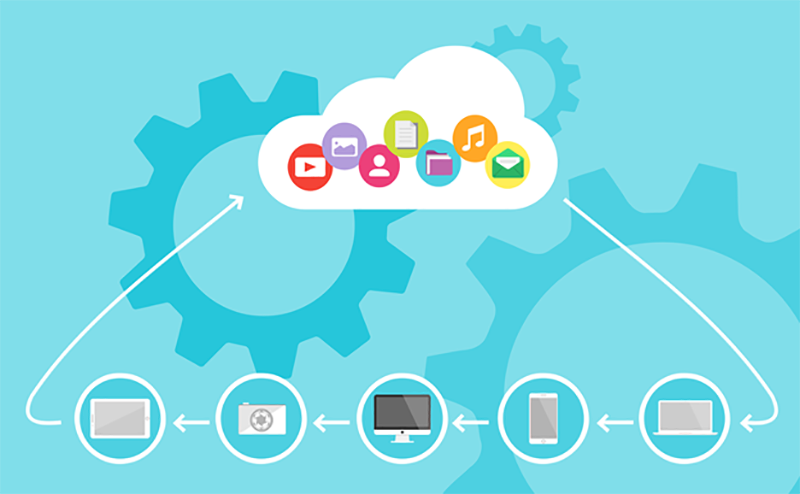A cloud-based phone system, commonly known as cloud-calling, is a unified communications service that allows businesses to run their phone systems through the internet. The system is run by a third party through an off-site data center, allowing businesses to harness the internet and accommodate more lines in a streamlined, affordable, and agile manner.
Businesses with limited IT resources greatly benefit from cloud phones since they leave the costs of installing, configuring, and managing the IT hardware to a third party. This and many other benefits are the reasons why businesses are shifting to cloud-hosted phone systems. Read on to learn more.
1. Cloud-based phone systems cost less
Setting up a dedicated IT department for your phone systems requires that a business pays upfront for costs related to installation and maintenance, which can be an expensive investment. Cloud-based systems only require that you outsource your phone services from a third party without installing anything. The business can access all the services via the internet, paying only for the hostage space and bandwidth. Visit this website for the best business phone systems in Sydney.
2. Easier expansion
Adding extra users to a regular phone system comes with a considerable expense for new lines and communication hardware. With a cloud-based system, you just need to request an additional extension at no extra cost. The process is easy and fast, all you have to do is share the new employee’s details, and the provider will have them set up in minutes.
3. Fewer internet limitations
A cloud phone system allows you to add many lines without worrying about running out of resources and bandwidth. This means you can run many business operations on the internet without making some difficult bandwidth decisions of which function to prioritize. You cannot afford to miss any client calls due to poor call quality. A cloud-based network allows for different communications to happen simultaneously and in high-definition without competing for bandwidth.
4. Remote work support
The COVID-19 pandemic has many businesses letting their employees work remotely or from home. Such a system requires cloud-based tools like cloud phones to connect all the users, allowing them to communicate efficiently and even participate in meetings. Remotely working employees can also access CRM and follow up with potential leads for business success.
5. Integration with customer relationship management (CRM)
Cloud phone solutions allow businesses to integrate them with their CRM systems. It keeps logs of all calls made, when they were made, and by whom. The CRM system can organize the callers into groups for easy tracking and call-back planning with this data. The time you would otherwise have used to track these calls personally can be devoted to other tasks.
6. Security
In the internet era, cybercrimes have been on the rise, causing millions of losses for businesses. Cloud-based solutions can help protect a business from phishing, fraud, malware, and hacking risks. While you can increase security levels and protocol solutions in a cloud-based phone system, it is not possible to do so using an on-premise system. You can incorporate cybersecurity solutions like multi-factor authentication, Virtual Private network, and voice data encryption.
Endnote
On-premise telephony is slowly losing popularity, with more businesses opting for cloud-based solutions. When choosing between the two, most businesses decide based on reliability, cost-efficiency, and business needs. Of the two, cloud-based systems come tops. If you know other ways cloud telephony can benefit a business, please share with us in the comment section.










